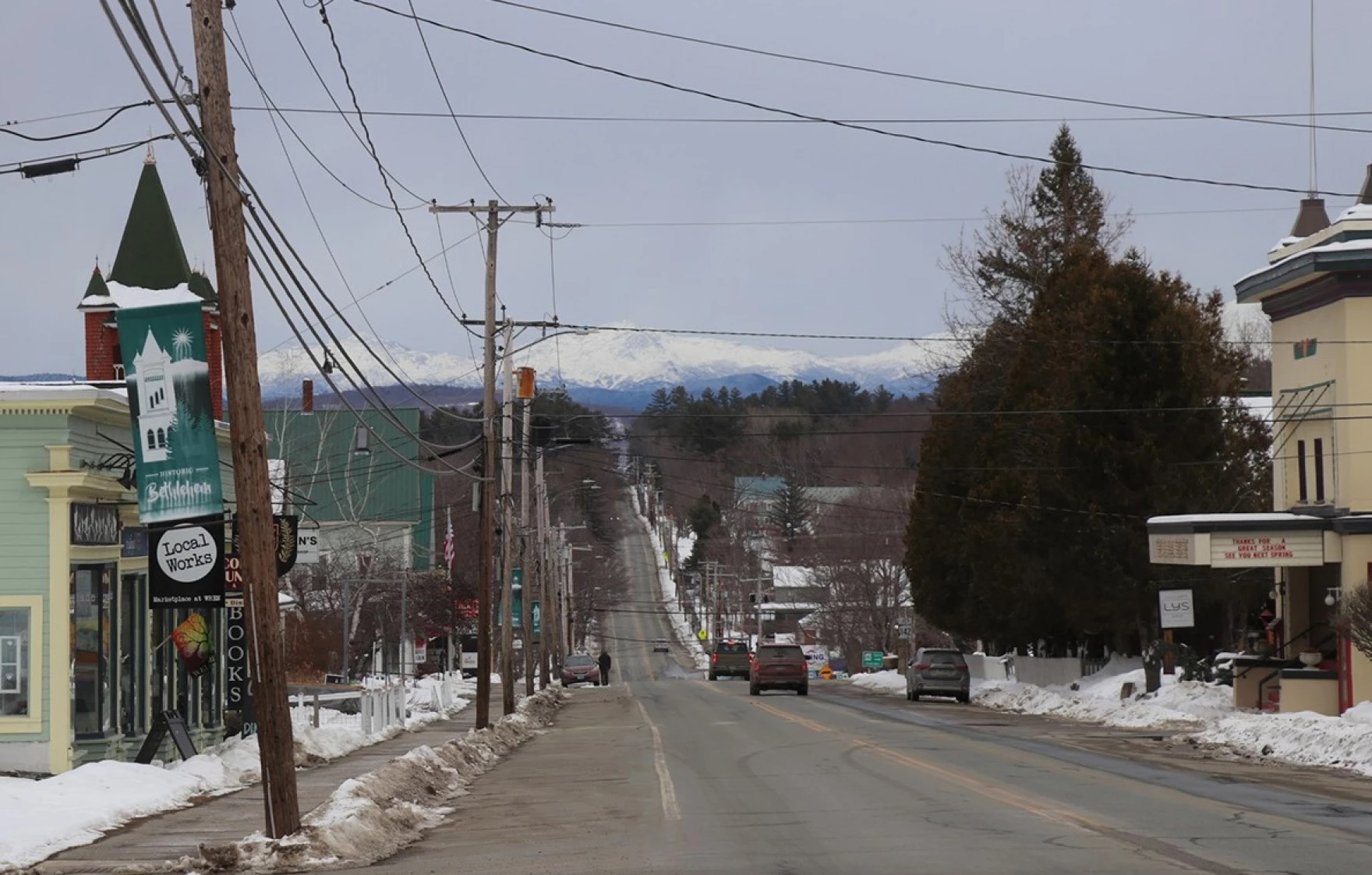New Hampshire’s Supreme Court has ruled that state regulators were right to issue a permit allowing Casella Waste Systems to expand its Bethlehem landfill.
The ruling reverses a decision from the state’s Solid Waste Council. In 2022, that panel said regulators shouldn’t have issued the permit because New Hampshire would not have a need for the extra landfill space until the last year of Casella’s proposed expansion, 2026.
The NH Department of Environmental Services granted Casella a permit in 2020 allowing the company to extend the life of its Bethlehem facility.
According to Casella, the company constructed the expansion and has been accepting waste at the Bethlehem landfill based on the conditions of that 2020 permit. Company spokesperson Jeff Weld said they expect to operate under that permit through 2027, when they plan to open the controversial Granite State Landfill.
Casella originally proposed extending the facility’s life through 2023, but when state regulators responded that there would be no need for additional landfill capacity during those years, the company withdrew its application and re-submitted it, proposing to extend the life of the facility until 2026.
Eventually, state regulators determined that New Hampshire would not have enough landfill capacity to accommodate residents’ waste in 2026 without the Bethlehem expansion.
Regulators approved the permit in part, because one of the years of the landfill’s life would occur during a time when its services would address a shortfall in landfill capacity.

Main Street (Route 302) in Bethlehem. (Photo by Dan Tuohy, NHPR)
The Conservation Law Foundation appealed that decision, arguing state regulators did not definitively show the expanded landfill would have a “substantial public benefit,” a requirement under New Hampshire law.
New Hampshire’s Solid Waste Council, which initially heard the appeal, sided with the Conservation Law Foundation. They said the Department of Environmental Services “acted unlawfully” in ruling the expanded landfill would have a substantial public benefit, because New Hampshire would not have had a shortfall in landfill capacity for five of the six years of the life of the facility.
But the Supreme Court’s ruling, issued Dec. 28, says state regulators are allowed to use their discretion when determining whether the need for landfill capacity exists, and they acted lawfully in issuing the permit.
— MARA HOPLAMAZIAN/NH PUBLIC RADIO